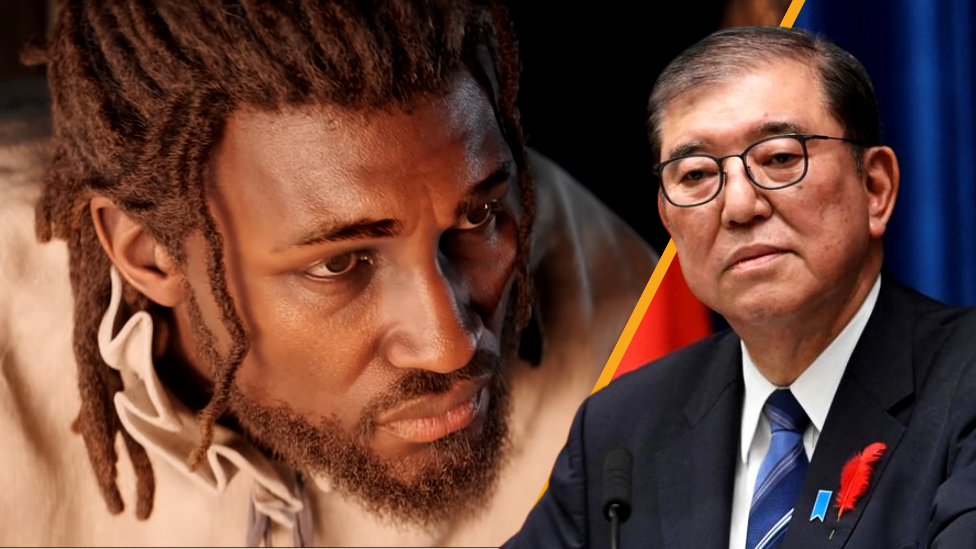Japan's Prime Minister comments on Assassin's Creed Shadows controversy

The Prime Minister of Japan, Shigeru Ishiba, criticized Assassin’s Creed Shadows as the game shows the destruction of the actual Itatehyozu Shrine, which is a significant Shinto site in Himeji. Such disrespect toward Itatehyozu Shrine concerns Ishiba, and he warns that such depictions might lessen the importance of Japan's cultural history. The public dispute has caused Japanese society to discuss how foreign game developers depict historical events and religious elements in their media content.
The game has gained more attention from its representation of Yasuke, who was Oda Nobunaga's real-life African retainer through a playable samurai character. The same historical depiction in Assassin's Creed Shadows receives mixed reviews from Japanese critics along with international reviewers about how the entertainment value affects historical accuracy.
The increasing public criticism forced Ubisoft to release an official apology. The gaming publisher stated explicitly that Assassin’s Creed Shadows exists as historical fiction without intentions of factual historical accuracy. The upcoming day-one update aims to tackle specific problems by making sacred sites indestructible and reducing violent sequences in traditional parts. The incident shows that developers face a continual problem when making narrative content that respects cultural boundaries of identity and memory.
FAQs
Why is the Japanese Prime Minister concerned about Assassin's Creed Shadows?
The Japanese Prime Minister expressed dissatisfaction with the game because it shows the deliberate destruction of an actual Shinto shrine.
Who is Yasuke in the game?
The game features Yasuke, a historical African figure who worked as a samurai under Oda Nobunaga.
How has Ubisoft responded to the controversy?
The company released a formal apology while sending an upgrade that fixed culturally offensive content.
What broader issue does this controversy highlight? Creative freedom faces a critical struggle against cultural respect when media shows real locations.
Make Your Own game Server
Copyright 2019-2025 © ScalaCube - All Rights Reserved.